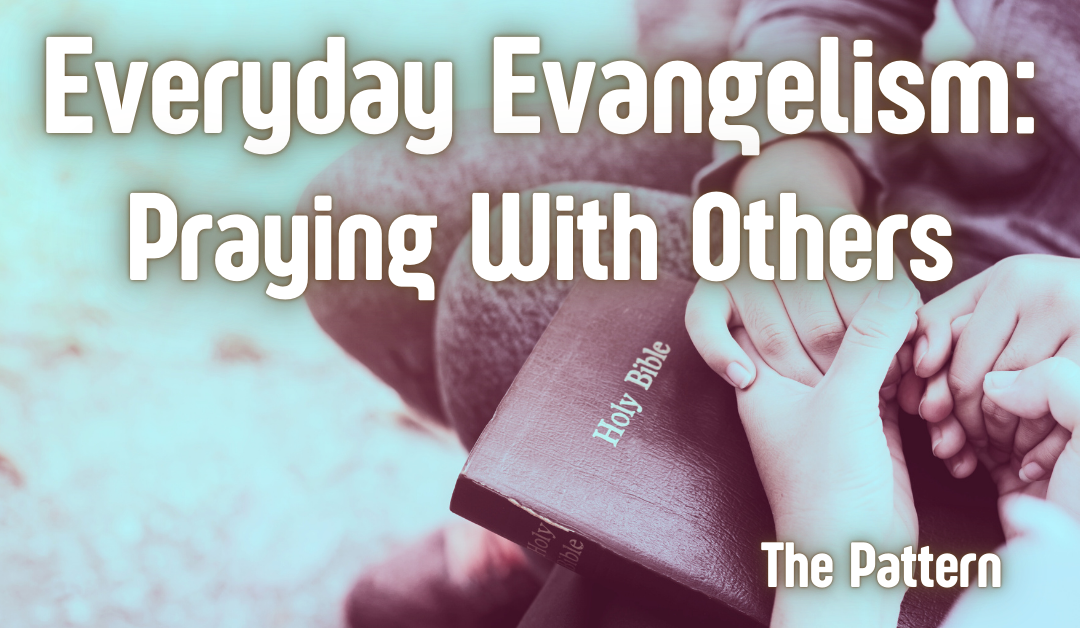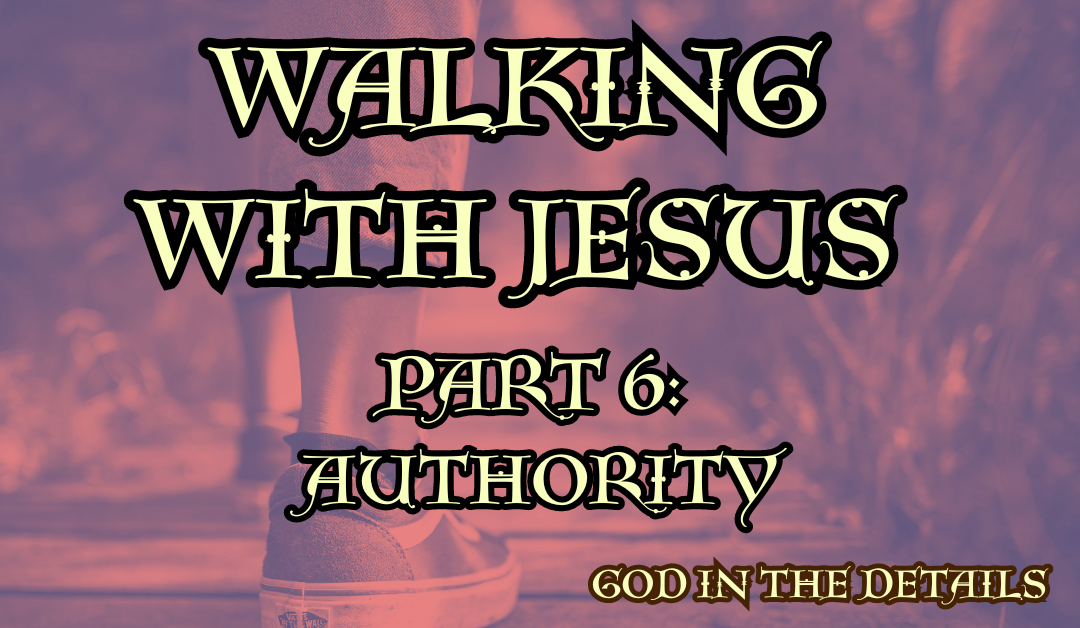
Everyday Evangelism: Praying With People
One of the things that Christians seem to struggle with, no matter how far in their walk with the Lord they might be, is praying for others.
Many of us just don’t have that kind of personality, we don’t have that boldness…
We see in Mark chapter 6 that Jesus sent out the Twelve in pairs of two to go and do some practical ministry. We read in verses 12-13: “ They went out and preached that people should repent. They drove out many demons and anointed many sick people with oil and healed them.” (NIV)
The disciples were sent out to pray for people – amongst other things.
And we, as disciples of the Lord Jesus, are all called to do the same.
The good news is that it doesn’t have to be complicated or super spiritual. It just needs to be authentic – from the heart.
That being said, I offer a few guidelines below to get you started:
1. Finding a person to pray for:
Usually the opportunity to pray for someone will present itself naturally. Other times you might be led to pray for someone in church, or even in a public place (as has often happened to me).
I would advise that you avoid praying for a member of the opposite sex alone. If you are a man praying for a woman, please make sure that your wife, or another woman from your team is present – and vice versa.
Also, before you start praying for someone make sure to introduce yourself properly, and ensure that you know their name.
2. Ask the person if you can pray for them:
Once you have found someone who needs prayer, ask them if it is okay for you to pray for them right there and then. Do not just launch into prayer and the laying on of hands. It is important that the person you are praying for is comfortable with what is about to happen.
Remember to always check before laying hands on anyone.
3. Ask the person what you can pray for:
It will make your task of in-person prayer so much easier if you have a specific need to pray for. Make sure your prayer specifically addresses this need. Pray in a way that is encouraging and loving.
4. Keep it short and simple:
You don’t have to pray a long, eloquent prayer. God hears our faith – not our words. If your prayer is only a sentence or two – don’t worry – there is power in the faith-filled prayer of the righteous!
5. Make sure you end the time of prayer with a clear AMEN.
You want to be sure that the person you are praying for knows when the prayer has ended.
Conclusion: Praying for someone else in person doesn’t have to be hard. God wants us to pray for one another, and it can be a great way of opening the door for you to share your faith.
If you find yourself praying for a person who does not go to church, or is perhaps unsaved, why don’t you take the opportunity to invite them to your church – so that you can carry on praying and walking with the person in the Lord.
We are all called to pray for one another.
Let us take up the work of prayer and make a difference for the Kingdom wherever we might find ourselves.




